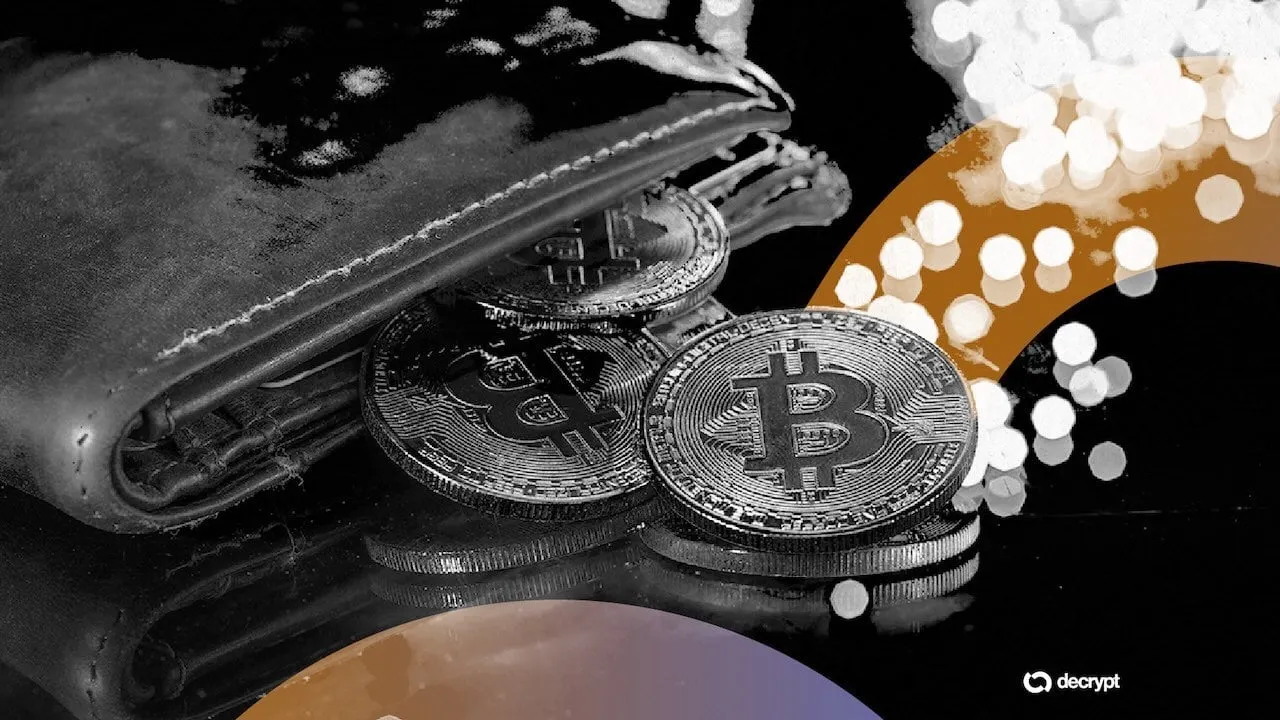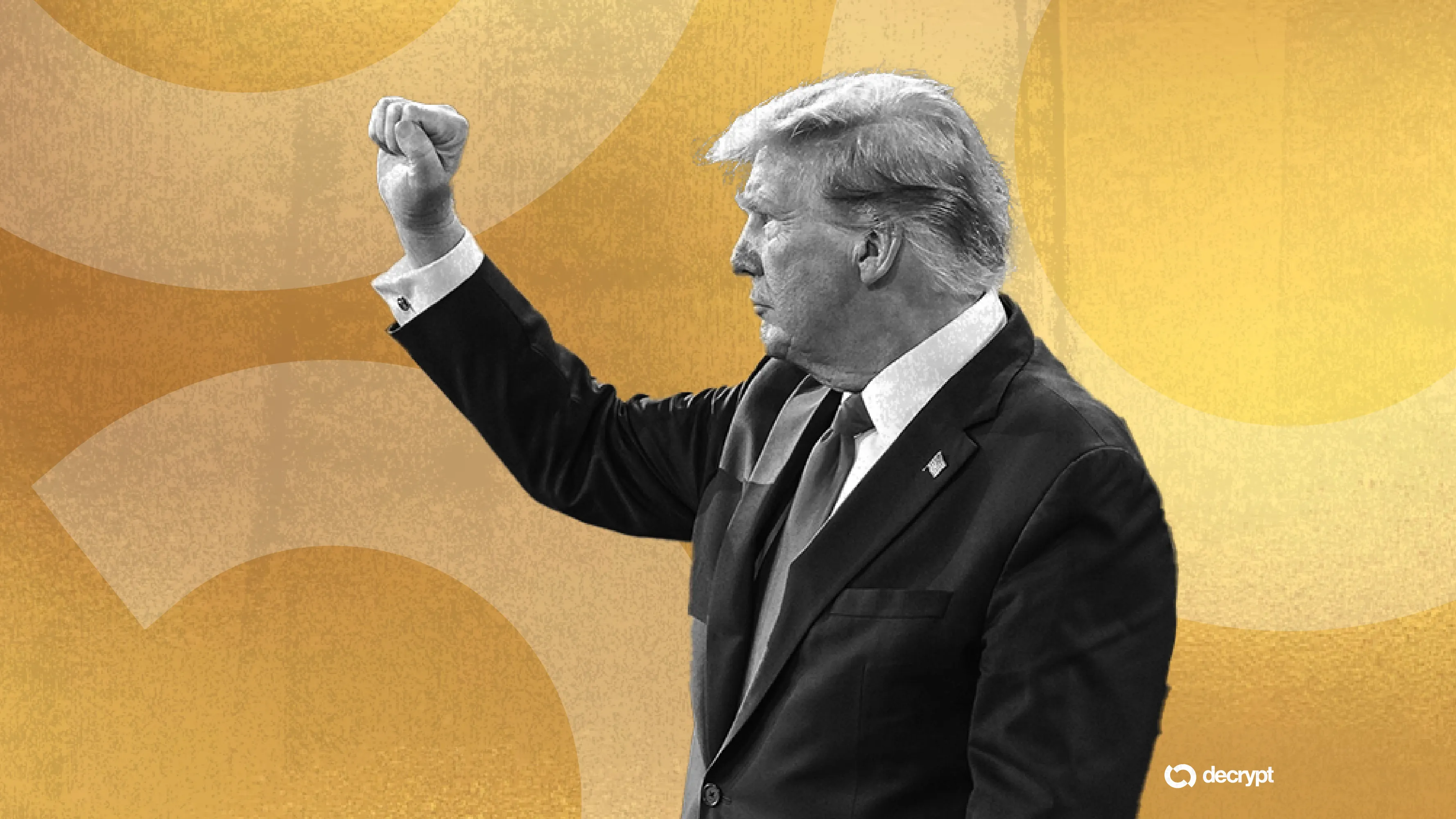They say it’s never really a party until the cops show up. And in cryptoland, 2018 was the year the SEC came bursting through the door and brought the record player to a screeching halt.
Through a series of enforcement actions, hearings, and (at times, contradictory) public statements, the U.S. Securities and Exchange Commission made at least one thing clear: the ICO-driven crypto frenzy of 2017 got a little out of hand, and it plans on sticking around to make sure it doesn’t happen again.
What is less clear, however, is precisely what crypto startups and ICOs did wrong—or, more importantly, what they should do going forward. And what does this mean for crypto in 2019? Here’s a recap of the SEC’s most important actions over the last year to help make sense of how things might shake out in the next:
1. The SEC’s case of the Munchees
Munchee was a blockchain-based restaurant review service that had planned on using its MUN token to power its “social-networking app for food.” Here’s the problem: the token was being explicitly sold to investors as a way for them to profit from Munchee’s enterprise, according to the SEC’s complaint (and Munchee’s own marketing materials).
While the SEC’s shutdown of the Munchee ICO technically happened at the tail end of 2017, it set the stage for all of its future enforcement actions in 2018.
In the end, the SEC stopped the $15 million ICO dead in its tracks before the deal went through, and Munchee consented to refunding its investors every last dime. The cease-and-desist order marked the first time that the SEC made reference to its July 2017 “DAO Report of Investigation,” which introduced the crypto world to the “Howey Test”—the measuring stick the Feds use to determine if an asset should be legally considered a “security” and regulated as such. For its cooperation, Munchee received no further penalties or fines. And in a pattern that would become all too familiar by year’s end, the company saved face by neither admitting nor denying the SEC’s charges—its business instead quietly disappearing, leaving promises of a “new offering in the near feature” unfulfilled.
2. The “fraudsters” and other low-hanging fruit
The SEC spent the early part of 2018 going after what pundits and other observers largely considered “easy targets,” charging various crypto startups and their respective executives with outright fraud. While the individual facts and circumstances of each case differed, AriseBank, Centra Tech, Titanium Blockchain, and Tomahawk Exploration all met a similar fate: no admission of guilt, but settled charges, refunds, fines, and disgorgements all around just the same. Aside from dealing with the SEC, the individuals behind AriseBank and Centra Tech face additional criminal charges from various U.S. law enforcement agencies over the alleged frauds they committed.
The first half of the year served as a warning shot across the crypto bow—the SEC began making examples of blockchain companies that it claims willfully deceived the public. These were the first signs that the Commission would start taking a serious look at the (alleged) swindlers that many claimed had saturated the ICO market. But as we saw with Munchee, willful wrongdoing isn’t a necessary condition to end up on the SEC’s naughty list.
3. Hinman’s moment of clarity
One of the SEC’s most significant attempts at “guidance,” outside of its enforcement actions, came from William Hinman, director of the SEC’s division of corporation finance, in mid-June. He offered the clearest and most comforting words a crypto regulator spoke all year: Bitcoin and ether are definitively not securities, in the SEC’s view, because they operate on decentralized networks. However, Ethereum-based tokens—like those sold during most ICOs—are another matter altogether, and that’s where things get complicated.
Hinman listed several reasons why a digital token might be considered a security, providing examples that hinge on how the asset is packaged and sold to investors, and for what purpose. He then clouded the whole thing up with this little nugget: “I would like to emphasize that the analysis of whether something is a security is not static and does not strictly inhere to the instrument,” he said. “Even digital assets with utility that function solely as a means of exchange in a decentralized network could be packaged and sold as an investment strategy that can be a security.”
But he offered some hope: “Over time, there may be other sufficiently decentralized networks and systems where regulating the tokens or coins that function on them as securities may not be required.” In any event, Hinman’s “sufficiently decentralized” caveat has become a refuge for ICO-funded startups seeking to remain outside of the SEC’s crosshairs. Whether that’s ultimately enough remains to be seen.
4. The curious case of Reginald Buddy Ringgold III
The SEC continued its example-making exercise through mid-2018, going after unregistered broker-dealer (and self-described “ICO Superstore”) TokenLot and bitcoin trading platform (and alleged “unregistered security-based swaps dealer”) 1Broker in September. Then things got weird.
In early October, the SEC took action against the now infamous California-based, tokenized derivatives exchange Blockvest. The Commission alleged that the company and its founder, Reginald Buddy Ringgold III, engaged in all manner of fraud and obtained an emergency court order to squash Blockvest’s ICO and freeze Ringgold’s assets.
Ringgold, however, maintained his innocence, telling Decrypt that there was “no ICO to stop” and that no actual token sales had yet taken place. And in late November, Blockvest actually got a federal court to kinda-sorta agree: Judge Gonzalo Curiel ruled that the SEC had not yet done enough to prove a securities offering had taken place and denied the Commission’s request for a preliminary injunction.
If that doesn’t sound like much of a victory, that’s because it isn’t. But here’s why it matters: Judge Curiel went through painstaking lengths to explain precisely why the SEC failed to prove Blockvest’s token is a security, providing insight as to how federal courts might apply securities laws in other cases brought against ICO-funded companies in the future. That’s a pretty big deal, according to Gabriel Shapiro, an attorney at the blockchain-focused DLx Law LLP. It’s worth paying attention to how this one unfolds in 2019.
5. The SEC opens up its “ICO Office”
In mid-October, the SEC at last announced the launch of the Strategic Hub for Innovation and Financial Technology, or “FinHub,” a new division designed to directly engage with the crypto-curious public. The SEC said that FinHub would act as a central point for investors, developers, and other interested parties to file inquiries via a dedicated web portal, and serve as “liaison to other domestic and international regulators.”
While FinHub has remained relatively quiet since its launch, it’s likely to gain a more prominent role in the SEC’s handling of crypto startups in the coming year.
On a side note: A week prior to the SEC’s FinHub announcement, Decrypt, in partnership with Yahoo Finance, reported that the Commission had begun quietly pressuring hundreds of crypto startups to settle charges over unregistered securities dealings, pay fines, and refund their investors. Up to this point, the SEC had not yet made public any charges against companies that had completed an ICO yet committed no violation other than an alleged “unregistered securities offering.” But that would soon change.
6. The quiet war on ICOs goes public
By mid-November, the SEC’s worst kept secret had come to light: virtually every ICO ever conducted could soon become the target of an enforcement action—if it hadn’t already.
The sacrificial lambs in this case were the cannabis-industry-focused Paragon and decentralized payment platform Airfox. The SEC, once again referencing its DAO Report, claimed that both companies “conducted ICOs in 2017 after the Commission warned that ICOs can be securities offerings.” And that’s it. No fraud. No other wrongdoing. They just did some ICOs the way pretty much all ICOs had been done. And the crypto industry reacted to the news exactly the way you’d expect: slightly exaggerated dread.
While there appears to be a growing consensus that most, if not all, ICO-funded companies will eventually face some sort of rescission order (i.e. be forced to pay back their investors), ICOs aren’t dead. They’re being forced to evolve. And that’s good news for both investors and the startups being built to meet the needs of these emerging, regulator-friendly models.
7. Token-shilling celebs given no quarter, and other honorable mentions
It’s not just the companies doing the selling that can be held liable for unlawful securities dealings. It turns out that those who use large enough platforms to promote these investment schemes can also be fined and disgorged. Who knew? Not Floyd “Money” Mayweather and DJ Khaled. They found out the hard way.
Other big-deal moments in the case of SEC v. Crypto include the enforcement action against EtherDelta founder Zachary Coburn—jeopardizing the future of all decentralized exchanges—and the SEC’s block-teasing Bitcoin ETF delays. These too will have consequences in the new year. But we’ve given you enough to think about.
Daily Debrief Newsletter
Start every day with the top news stories right now, plus original features, a podcast, videos and more.




